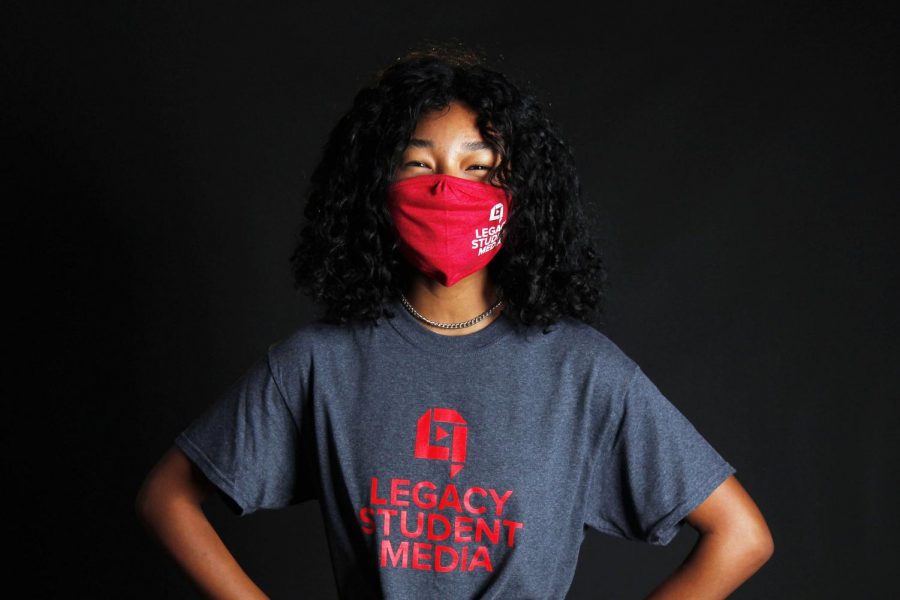
For Black people, hair defines a large part of our culture and identity. Dating back to slavery, enslavers forced women to cover their hair which signified inferiority to their masters. In the early 1900s, Black women permanently straightened their hair with perms in an attempt to assimilate into society. However in the 60s, natural hair, specifically the afro, became a symbol of Black excellence. Today, the world of Black hair varies with natural hair and protective styles that are now more accepted in society.
Growing up with a Black father who couldn’t work a comb and a Japanese mother that possessed virtually no knowledge on how to style or care for curly hair, I needed to figure it all out on my own. That journey took years, and I consider it a work in progress.
Throughout my hair journey, I received my fair share of comments and interactions. Whether a “bad hair day?” or an unsolicited grab, a lot of people view my hair as something they are entitled to.
Those experiences shaped the way I viewed my hair for a large portion of my childhood. My hair would only come out on selective occasions. When I straightened it, I wore my hair with pride. I received compliments like “it looks so much better” and I smiled and held onto those comments for the rest of my day. The rest of the time, I concealed my hair into a bun on the top of my head.
The idea that my hair was only beautiful when straightened was a thought that I never questioned — until my freshman year. I started to notice people around me wear their natural hair out proudly. Slowly, I started to wear my hair down. I realized that my hair should not be an accessory, but rather a proud symbol of my identity. My hair is acceptable to be out for all situations and that should be enough for everybody.
I feel like this situation applies to many Black people and they can relate. We hear all the time that our hair is not appropriate for the situation. Whether that means that we have to change parts of ourselves to have others be more comfortable, we have been instilled with the sentiment that we must change to appease others.
Embracing my natural hair has been one of the things that have made me comfortable in my Blackness and realize that I can reject the idea to change.



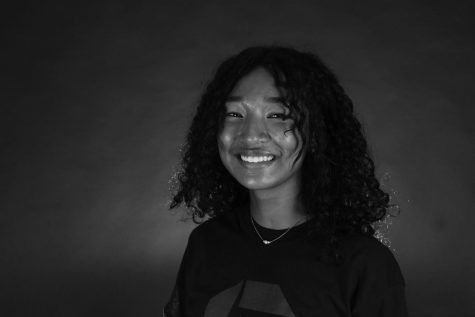
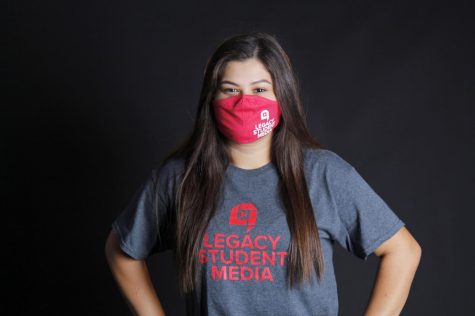
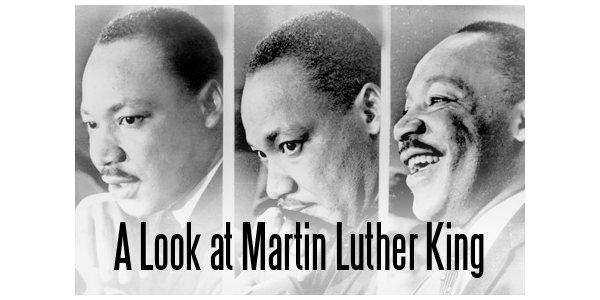
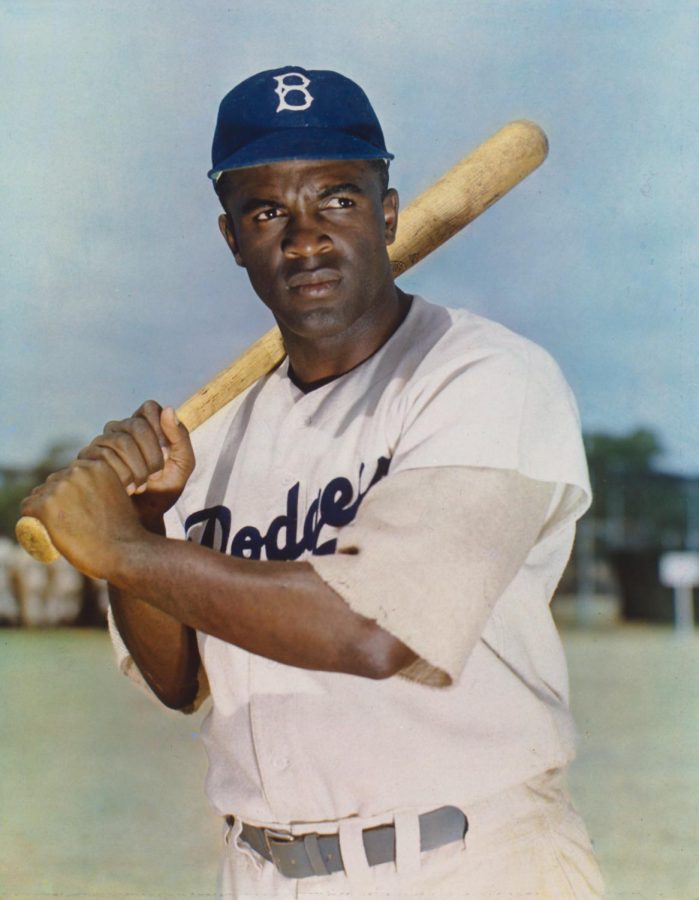


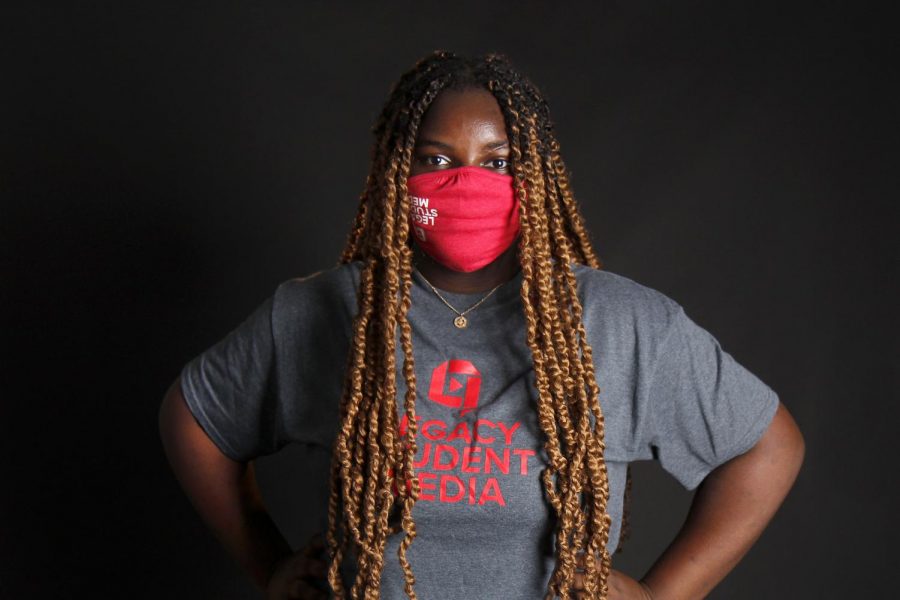
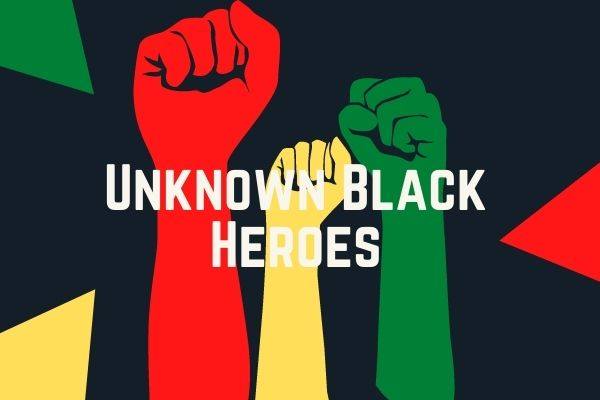

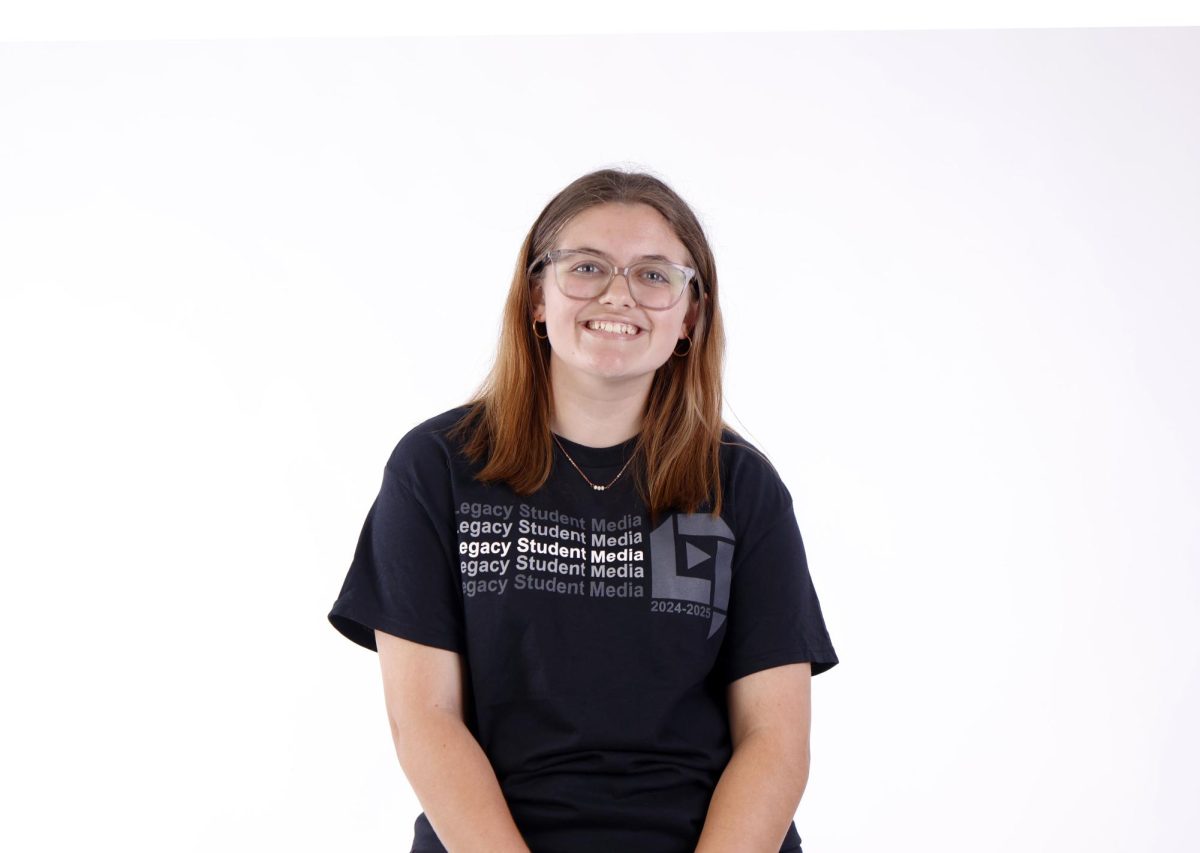
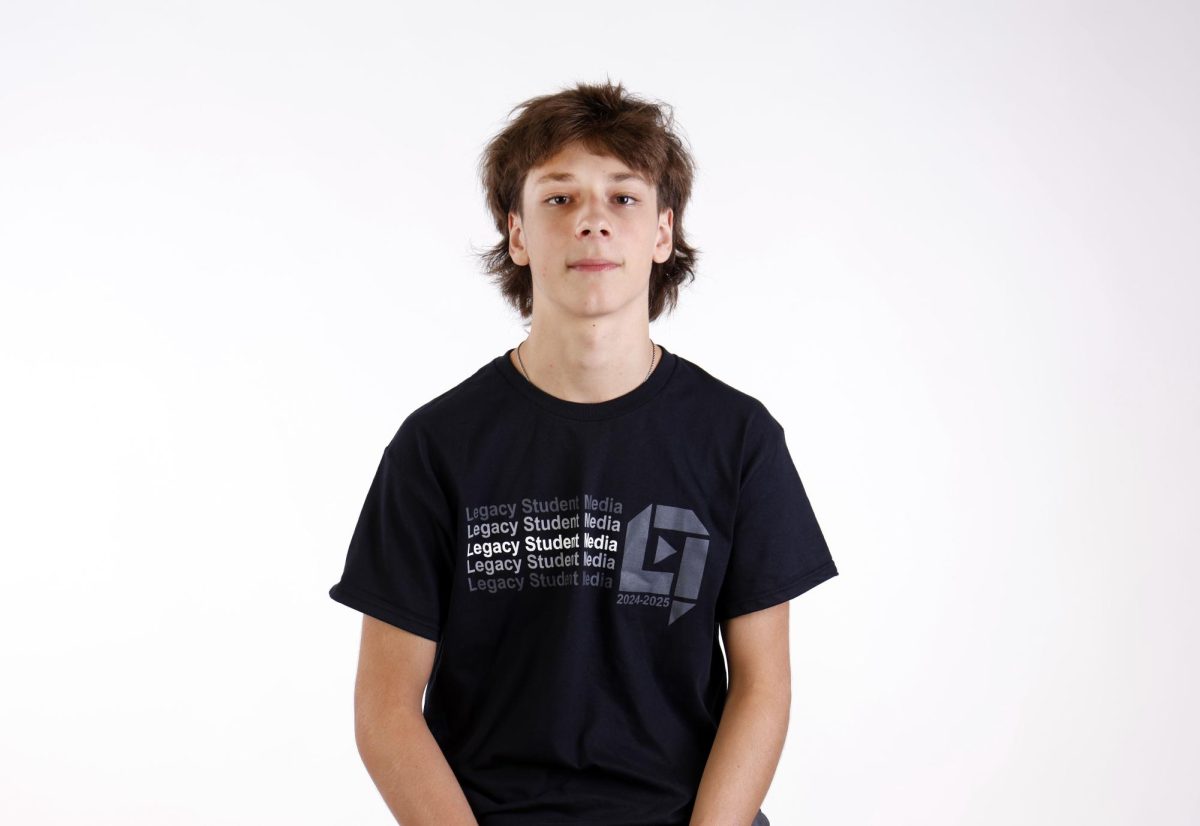







Kory Banks • Jun 1, 2021 at 3:09 pm
Wonderful article, notwithstanding the “my father can’t work a comb” dig. I may be folically challenged, but that doesn’t mean I can’t work a comb.
That said, your offering is an inciteful take on a topic that absolutely should not exist in this day and age.
The ultimate goal for African Americans is to unapologetically love, accept, and appreciate how god made us, and live the life he created for us.
Although there are those who may not accept us in our natural state, everyone must find their own voice and live their own truth.
I’m proud (but not surprised!) of your growth and wisdom in this area and am glad you shared your thoughts on this topic.
Cy'Riona Deneise Starling • Apr 5, 2021 at 12:38 pm
THAT’S GREAT!
Dr. Jerome Banks • Feb 10, 2021 at 12:32 am
To my wonderful Niece! Your cousin Aeijha (Asia) who is half Black/half Thai has experienced the same situation as well! This article is truthful, inspiring, reflect-full, and is a true testimony to all generations of Black and mixed race young ladies all over the world! Congratulations on representing and role modeling well!
Uncle
Jerome in Thailand!